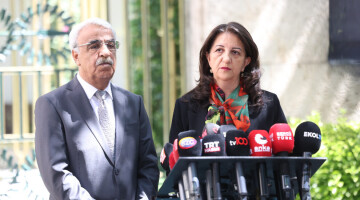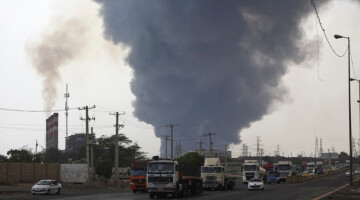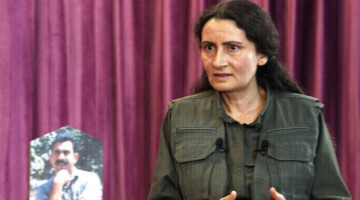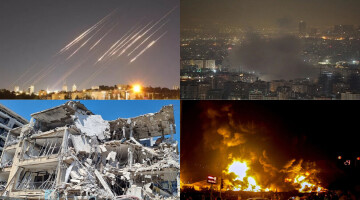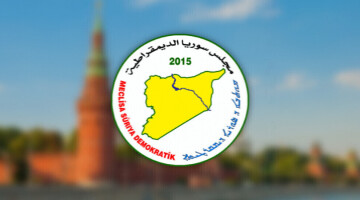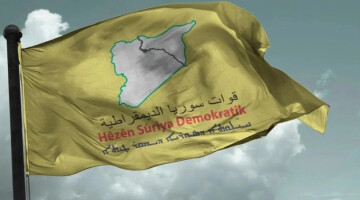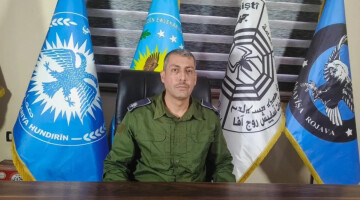According to a report by the Rojava Information Center (RIC), Turkey carried out 130 drone strikes in Northern and Eastern Syria in 2022 - a 46 percent increase from 2021.
In total, 87 people were killed and 151 were injured. The number of civilians dead was 25 while the wounded were 79.
A quarter of all attacks were aimed at cars, and more than half of the attacks took place in the Cizirê region, specifically on the Dirbêsiyê-Tirbespiyê (al-Qahtaniyya) road, which runs along the border with Turkey. The city of Qamishlo was attacked eight times, Tel Rifat in Shehba fourteen times, and Kobanê six times.
"Turkey's willingness to strike densely populated civilian areas and also to target civilian Autonomous Administration personnel resulted in civilian casualties, including children, being significant," the RIC noted in its report.
In the summer, after a Turkish-Iranian-Russian meeting, drone attacks increased. The highest number of attacks was recorded last November, when Turkey launched a large-scale air operation (called “Clawed Sword”) targeting key oil and gas infrastructure in the Cizirê region. On 20 November 2022, from Shehba to Dêrik, the Turkish Air Force bombed dozens of targets throughout the autonomous region of North and East Syria, using both fighter jets and drones.
The fight against ISIS is impaired
According to the RIC, the Turkish drone war is having a detrimental effect on the Syrian Democratic Forces (SDF) fight against the Islamic State.
The RIC also argued that Turkey's attacks are depriving the people of stable sources of gas and fuel and is weighing on an already struggling economy. By targeting members of the nascent democratic project in the region, Turkey also aims to politically destabilize Northern and Eastern Syria.
The report concludes that international condemnation of Turkey's aggression falls short.
Occasional US statements condemn violence across the board without naming Ankara as the culprit. This actually, said the RIC encourage Turkey to launch further attacks. The threat of a ground invasion has met with international rejection, but Ankara's "drone warfare remains largely unnoticed and unchallenged," according to the RIC.”


